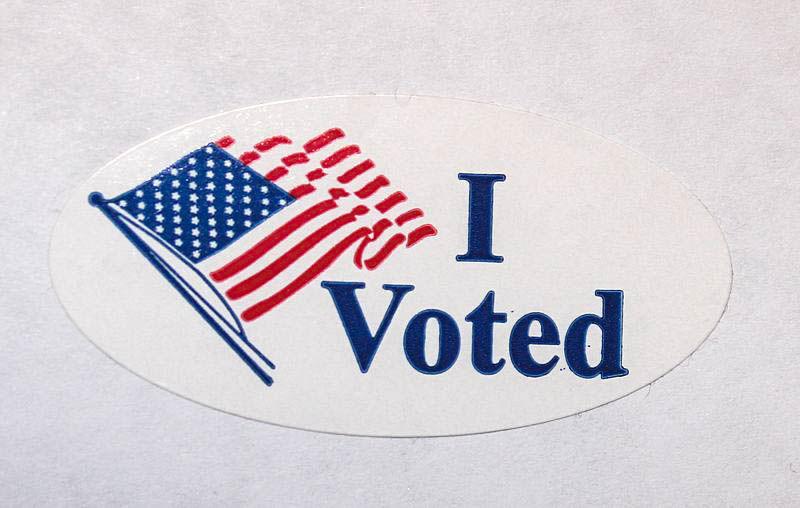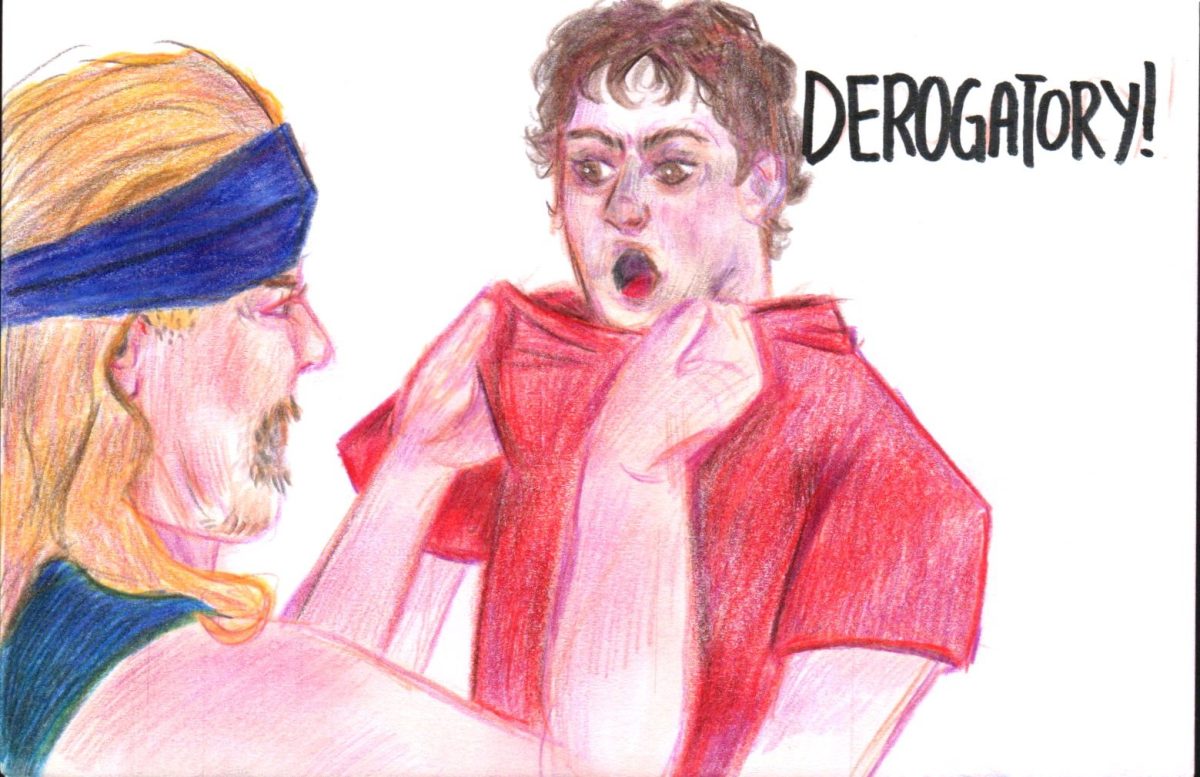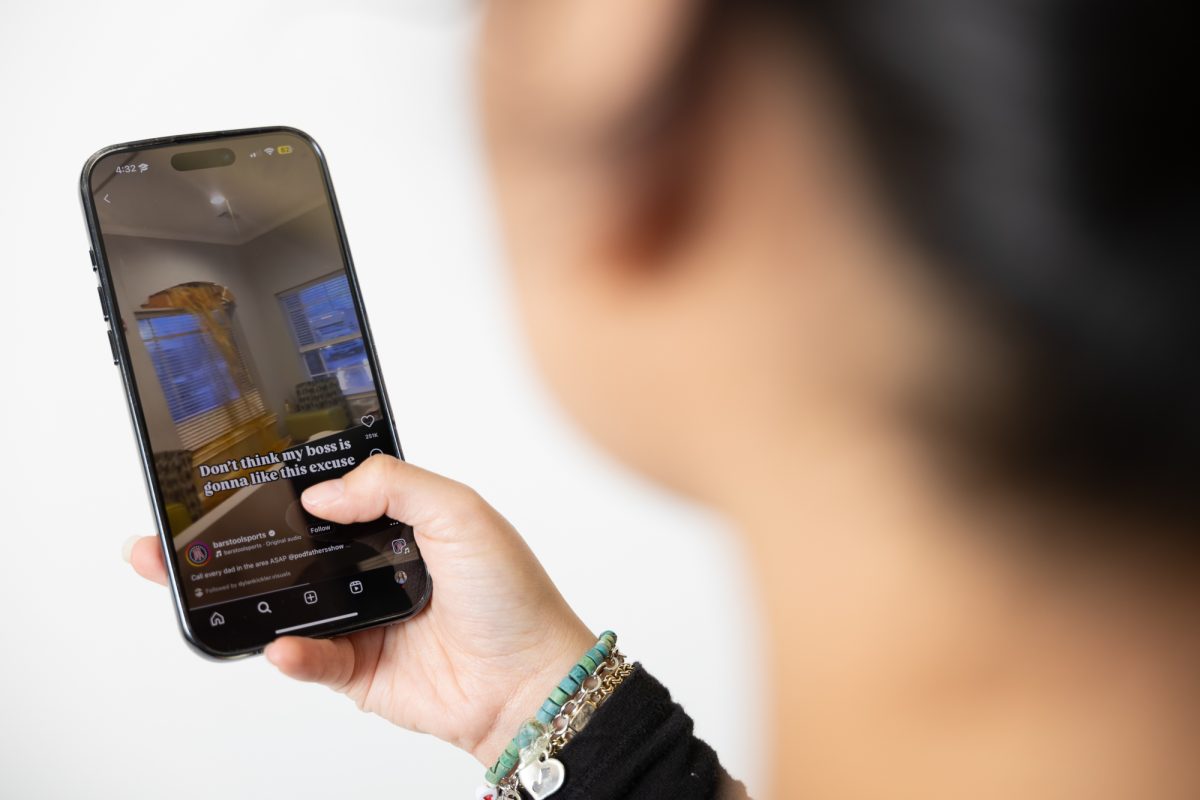I may not be living off of ramen noodles (yet), but as a college student, I am strapped for cash. However, I receive an ActBlue receipt every month for $5. President Donald Trump, for example, has raised more than $39 million in small-dollar donations over the last three years.
Public officials should be elected because they have a strong message, not because they have more money. Candidates should work with the community and voters to broadcast their message, not just buy millions of dollars worth of ads. Having volunteered and canvassed for Bernie Sanders’ campaign, I’ve seen how on-the-ground, grassroots support can give people hope. Trust in a politician is even more important nowadays given that the public’s faith in the government is at an all-time low.
Unfortunately, the candidates who spend more tend to win. In House races, the candidate who spent the most money won 90 percent of the time between 2000 and 2016. On the bright side, there is a solution – publicly funded elections.
Some cities and states support candidates for public office with taxpayer dollars. Arizona, for example, has a clean elections system where candidates who raise enough money through small-dollar donations can receive a set amount of funds. Florida and Hawaii have a matching program where the state matches a portion of the small-dollar donations a candidate raises. Connecticut provides a one-time grant to eligible candidates. Lastly, Seattle provides each resident with four $25 vouchers they can spend on qualified candidates in municipal races.
Those who oppose taxpayer-funded elections may argue that all of the examples above are only small-scale projects. While this criticism is valid, New York Senator Kirsten Gillibrand proposed a nationwide voucher program she called “democracy dollars” when she launched her presidential campaign in 2019. The plan would allocate $600 to every voter for House, Senate and presidential races.
Opponents will also point to the Citizens United v. FEC Supreme Case. The lawsuit determined that the government could not limit individual expenditures on corporations, unions, nonprofits or associations. However, democracy dollars would not interfere with those groups’ ability to contribute to political candidates. Instead, democracy dollars require candidates to accept a maximum of $200 from individuals. Sure, the system does not eliminate all big money in politics. However, it does help empower poor and middle-class Americans.
Making political donations easier can help other college students become more politically involved. Texas A&M is renowned for producing some of America’s finest leaders. Political activism can help students live up to the Aggie values of excellence and leadership, and a program like democracy dollars does just that. Not only does the system combat big money, it helps initiate activism and engagement in the next generation.
Also, the program would allow college students like me, the 59 percent of Americans living paycheck to paycheck and those living below the poverty line to participate in the election process. Given that many non-essential businesses are closing amidst the COVID–19 crisis, finding a part-time job is virtually impossible, making it harder for me to donate than someone like Jeff Bezos. Call me an idealist, but cash shouldn’t be a concern for someone who wants to become more involved in the political process.
Of course, we need to answer the oh-so-famous “How are you going to pay for it?” question. Gillibrand’s campaign never provided an estimated cost, but they did advocate for limiting corporate deductions for executive compensation. This cut would generate approximately $60 billion over 10 years, covering a large portion of the cost.
Even if the cuts don’t cover the entire bill, a publicly funded campaign system is still worth providing. Candidates’ fundraising should reflect their popularity. Democracy dollars would empower the people to choose which candidate deserves their money. This system could help reduce corruption and make America more democratic.
The most disheartening reaction I’ve seen when canvassing is “I don’t give a whoop about politics. The people in Washington have never done anything for me, and I can’t do anything to change it.” If we want to have an interactive democracy that involves a diverse citizenry, we need to make it easier for people to become involved. Democracy dollars empower working class citizens to donate to campaigns without sacrificing hard-earned wages. We need to do something to combat rampant cynicism, and making our officials more beholden to our interests is the first step.
The case for publicly funded elections
March 24, 2020
Photo by Creative Commons
Opinion columnist Caleb Powell discusses why he believes elections should be funded by taxpayers dollars to protect America’s democratic ideals.
0
Donate to The Battalion
$1765
$5000
Contributed
Our Goal
Your donation will support the student journalists of Texas A&M University - College Station. Your contribution will allow us to purchase equipment and cover our annual website hosting costs, in addition to paying freelance staffers for their work, travel costs for coverage and more!
More to Discover
















